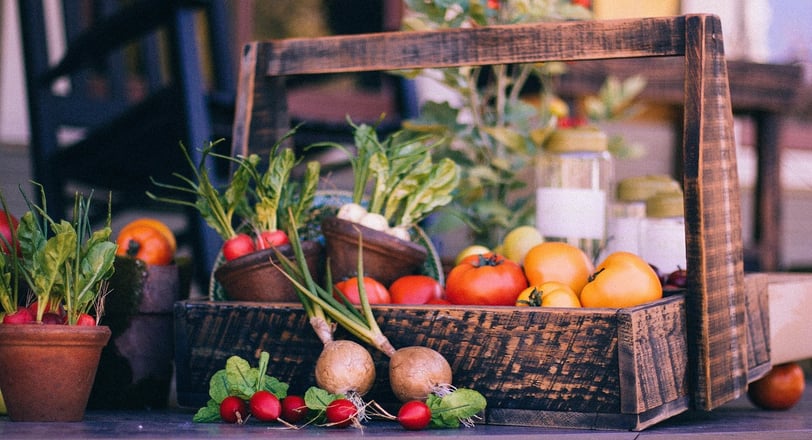The Dirty Dozen & Clean Fifteen: What to Buy Organic (and What You Don’t Have To)
When it comes to eating healthy, fresh fruits and vegetables are a must—but have you ever wondered how many pesticides are lingering on your produce? The Environmental Working Group (EWG) releases two helpful lists every year: the Dirty Dozen and the Clean Fifteen. These guides are designed to help you reduce your exposure to potentially harmful chemicals while still getting the nutrients your body needs.
5/8/20241 min read


What Is the Dirty Dozen?
The Dirty Dozen highlights the top 12 fruits and vegetables that tend to have the highest levels of pesticide residues, even after being washed and peeled. These crops are usually more delicate or have porous skins, which allows chemicals to seep in or cling more easily.
2024 Dirty Dozen List (recent version):
Strawberries
Spinach
Kale, Collard & Mustard Greens
Grapes
Peaches
Pears
Nectarines
Apples
Bell & Hot Peppers
Cherries
Blueberries
Green Beans
Tip: These are the items you should try to buy organic whenever possible—especially if you’re feeding kids or eating them raw.
What Is the Clean Fifteen?
On the flip side, the Clean Fifteen includes produce that tends to have the lowest levels of pesticide residue. These fruits and vegetables often have thicker skins or protective outer layers that reduce contamination, making them a safer choice even when conventionally grown.
2024 Clean Fifteen List (recent version):
Avocados
Sweet Corn
Pineapples
Onions
Papayas
Frozen Sweet Peas
Asparagus
Honeydew Melon
Kiwis
Cabbage
Watermelon
Mushrooms
Mangoes
Sweet Potatoes
Carrots
Good news: These are generally considered safe to buy conventional, so you can save money without sacrificing peace of mind.
Why It Matters
Pesticides can affect more than just bugs—they’ve been linked to a number of health concerns, including hormone disruption, fertility issues, and even certain cancers. While regulatory agencies do set “safe” limits, the long-term effects of low-level exposure (especially from multiple sources) are still being studied.
That said, eating conventional produce is still far better than skipping fruits and vegetables altogether. The Dirty Dozen and Clean Fifteen lists aren’t meant to scare you—they’re meant to empower you to make choices that fit your lifestyle, values, and budget.